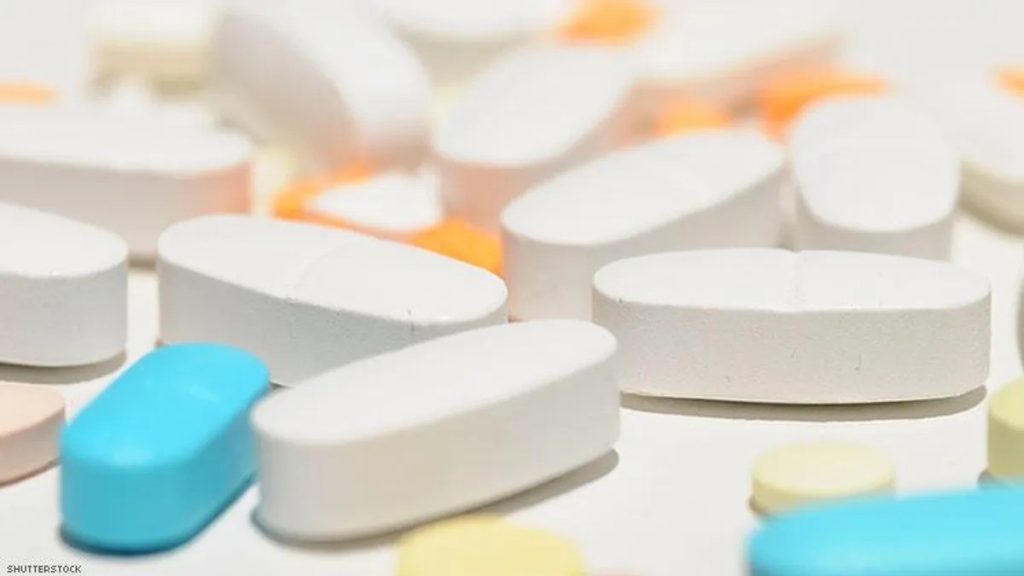PSYCHOLOGICAL TREATMENT FOR DRUG ADDICTION
psychological treatment for drug addiction interventions are structured psychological or social interventions used to address substance-related problems, helping individuals recognize, treat, and reintegrate into society. These interventions are essential components of comprehensive substance use disorder treatment programs.
Psychosocial Interventions
- Motivational Interviewing: A collaborative conversation style that strengthens a person’s motivation and commitment to change.
- Cognitive Behavioral Therapy (CBT): Helps clients build self-confidence and address the thoughts that are believed to be related to their drug use.
- Family Therapy: Treats drug use and the problem behaviors that can be associated with it, especially during adolescence.
- Contingency Management: Uses tangible incentives to encourage patients to stay off drugs.
Gulf Addiction Treatment Center
Gulf Addiction Treatment Center offers a range of psychosocial interventions, including:
- Cognitive Behavioral Therapy (CBT)
- Motivational Interviewing
- Family Therapy
- Contingency Management
Motivational Interviewing
Motivational interviewing is a collaborative conversation style that strengthens a person’s motivation and commitment to change. This approach helps individuals explore and resolve ambivalence about engaging in substance abuse treatment and other behavior changes.
Cognitive Behavioral Therapy (CBT)
CBT helps clients build self-confidence and address the thoughts that are believed to be related to their drug use. CBT is a goal-oriented, structured, and time-limited approach that focuses on changing specific problematic behaviors and beliefs.
Family Therapy
Family therapy treats drug use and the problem behaviors that can be associated with it, especially during adolescence. This approach helps families understand and respond to the drug use of a loved one, and it also helps individuals in recovery maintain abstinence and improve their relationships with family members.
Contingency Management
Contingency management uses tangible incentives to encourage patients to stay off drugs. This approach is based on the principle that positive reinforcement can help individuals change their behavior and maintain abstinence.
Gulf Addiction Treatment Center
Gulf Addiction Treatment Center offers a range of psychosocial interventions, including Cognitive Behavioral Therapy (CBT), Motivational Interviewing, Family Therapy, and Contingency Management. This center provides a comprehensive approach to treating drug addiction, helping individuals overcome their substance use disorders and reintegrate into society.
Conclusion
psychological treatment for drug addiction interventions is well-established and plays an important role in treating a range of drug problems and addictive behaviors. These interventions are widely used in the treatment of people with cannabis problems and are key interventions in the treatment process for cocaine and methamphetamine users, where other measures, such as pharmacotherapies, are still under development. Gulf Addiction Treatment Center offers a range of psychosocial interventions, including Cognitive Behavioral Therapy (CBT), Motivational Interviewing, Family Therapy, and Contingency Management.
PSYCHOLOGICAL TREATMENT FOR DRUG ADDICTION Read More »


